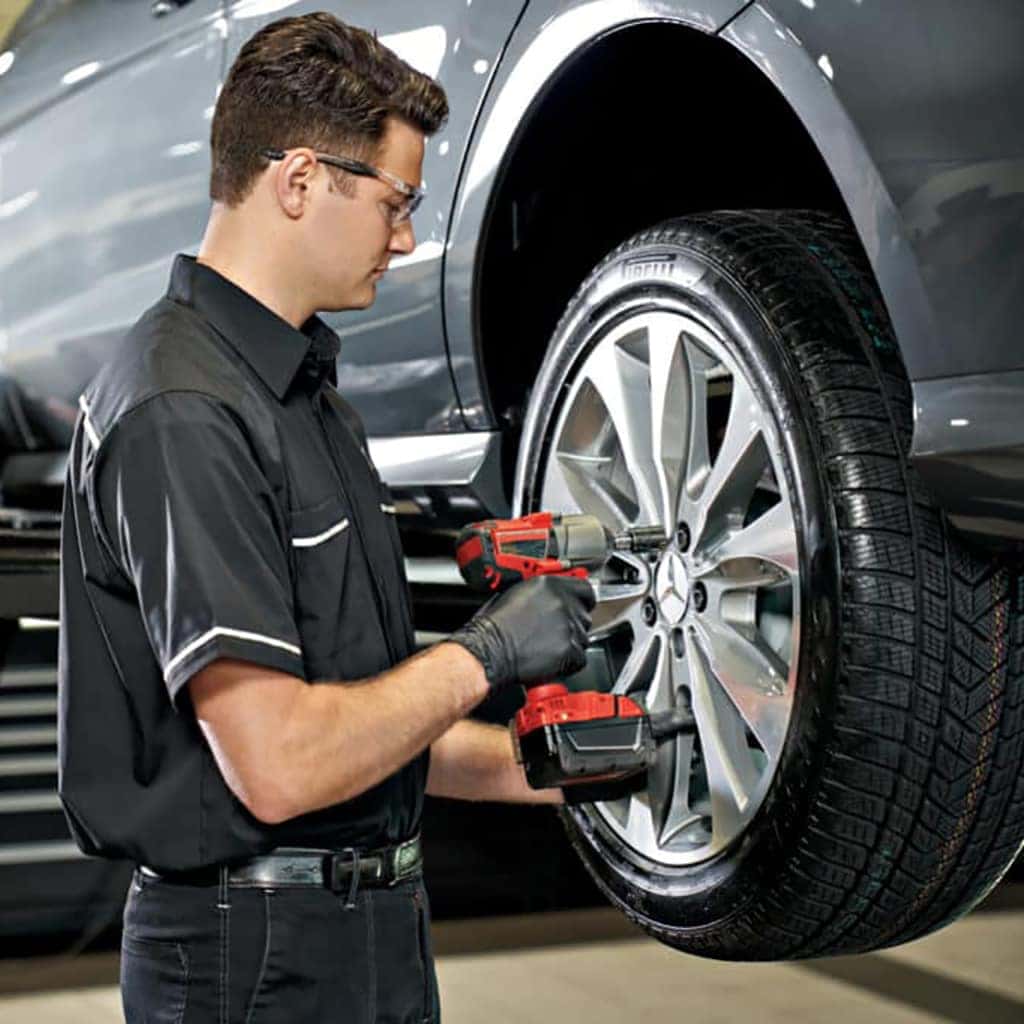Discount Tires Morris IL: Save Huge on the top Brands
The Link Between Tire Solution and Gas Performance
Efficiency in gas consumption is an extremely important worry for car proprietors looking for to enhance their driving experience. Among the numerous factors that affect fuel performance, tire service stands out as a vital aspect that often goes neglected. The detailed relationship in between tire upkeep and gas economic situation is a testimony to the detailed workings of a lorry. By understanding just how tire treatment directly impacts the performance of your car, you can open a realm of opportunities that not just improve performance but also add to cost savings in the future.
Value of Appropriate Tire Inflation
Proper tire inflation is a vital variable in optimizing gas performance and guaranteeing optimal car performance. When tires are underinflated, it develops extra rolling resistance, triggering the engine to function tougher and burn even more fuel to preserve the same speed. On the other hand, overinflated tires can bring about a harsher trip, irregular tire wear, and minimized traction. To find the recommended tire stress for your vehicle, refer to the owner's guidebook or the sticker situated on the motorist's side door jamb.
Preserving the appropriate tire stress not only improves fuel effectiveness but additionally enhances driving safety and security. On a regular basis checking and readjusting tire pressure, particularly in the past long trips, is an easy yet efficient way to enhance your vehicle's fuel economic situation and guarantee a smooth driving experience.
Effect of Tire Footstep Depth
Preserving the suggested tire stress is essential for optimum lorry performance and gas performance; likewise, the tread deepness of your tires plays a vital function in ensuring safety and security and grip on the road. Tire step depth directly affects the ability of your tires to grasp the roadway surface area, specifically in wet or unsafe problems. Regularly evaluating your tire tread deepness and replacing tires when needed is a basic yet reliable means to promote both safety and fuel effectiveness on the roadway.
Role of Wheel Placement in Effectiveness
Guaranteeing accurate wheel alignment is vital for optimizing vehicle efficiency and making best use of gas economic situation. Proper wheel positioning involves readjusting the angles of the wheels to supplier requirements, ensuring that they are identical to each various other and vertical to the ground. When wheels are misaligned, it can bring about uneven tire wear, boosted moving resistance, and decreased fuel performance.

Furthermore, exact wheel placement can likewise improve handling and security, decreasing the amount of energy required to steer the lorry (tire tracks morris il). By lessening unneeded friction and drag, correct wheel alignment plays a critical duty in boosting general car efficiency and gas economic climate. Routine wheel positioning checks and modifications are crucial for maintaining optimal efficiency and maximizing fuel financial savings
Connection Between Tire Upkeep and MPG
An important element of optimizing fuel effectiveness in vehicles is the maintenance of tires and their straight influence on miles per gallon (MPG) Proper tire maintenance plays a critical role in taking full advantage of gas economic climate. On the various other hand, overinflated tires reduce the contact patch with the roadway, leading to uneven wear and reduced fuel performance.
Moreover, tire walk depth also influences fuel effectiveness. By guaranteeing tires have adequate walk depth, drivers can enhance both security and fuel economy.
In significance, appropriate tire maintenance, consisting of tracking tire stress and walk deepness, is straight connected to accomplishing optimal MPG. By including regular tire examinations and maintenance into an automobile treatment routine, drivers can not only extend tire life yet likewise enhance gas performance, inevitably conserving money and reducing ecological influence.

Tips for Fuel-Efficient Tire Care
Offered the vital partnership between tire maintenance and fuel performance, carrying out efficient approaches for optimizing tire treatment is essential to improving total lorry performance. To guarantee fuel-efficient tire care, regular tire pressure checks are important. Correctly inflated tires reduce rolling resistance, enhancing read fuel effectiveness and prolonging tire life-span. Furthermore, maintaining appropriate wheel placement and harmonizing aids disperse weight equally, preventing unequal tire wear and enhancing fuel consumption. Rotating tires at recommended intervals advertises even step wear, boosting gas performance by making certain all tires add equally to lorry performance. It is additionally crucial to evaluate tires for signs of damages, such as cuts, leaks, or protrudes, as these concerns can affect fuel performance and total safety and security. Lastly, choosing tires with reduced rolling resistance can considerably improve gas economic climate. By integrating these fuel-efficient tire treatment ideas into a routine maintenance schedule, motorists can make the most of gas performance, reduce running prices, and lengthen the life of their tires.
Conclusion
In conclusion, correct tire service plays a learn the facts here now critical role in gas performance. Preserving right tire inflation, monitoring step depth, and making sure wheel placement can all add to making the most of miles per gallon. By routinely keeping tires and adhering to fuel-efficient tire treatment suggestions, motorists can enhance their lorry's performance and reduce gas intake. It is important to prioritize tire upkeep to not just conserve money on fuel expenses but additionally to promote overall car performance.